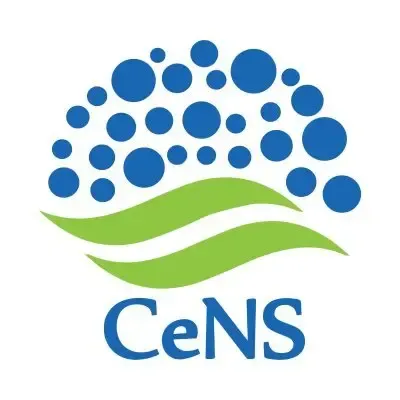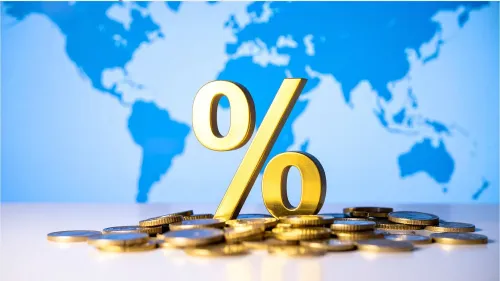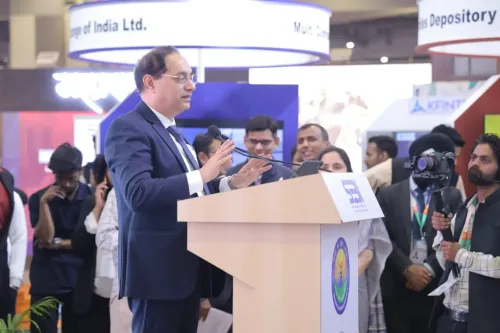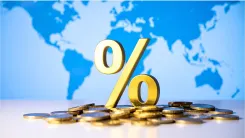What Is the Tax-Free Limit of Rs 12 Lakh Excluding Special Income?
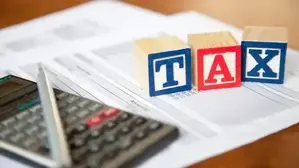
Synopsis
Key Takeaways
- The tax-free limit is Rs 12.75 lakh with a Rs 75,000 deduction.
- Special income types are not eligible for the tax waiver.
- Section 87A rebate applies only to incomes under specified limits.
- Changes are effective from FY 2025-26 onward.
- Taxpayers must stay informed about these regulations.
New Delhi, Aug 16 (NationPress) The government revealed in the Union Budget 2025-26 that income up to Rs 12.75 lakh, accompanied by a standard deduction of Rs 75,000, will be exempt from tax under the new tax regime.
However, taxpayers must recognize that short-term capital gains and long-term capital gains taxes are not included in the total income eligible for a complete waiver.
The Finance Act, 2025, specified that the rebate under Section 87A does not apply to income subjected to special rates. Taxpayers cannot utilize the Section 87A rebate to offset tax liabilities from income taxed at special rates like short-term capital gains under Section 111A or long-term capital gains under Section 112A.
Analysts have pointed out that this removal of the Section 87A tax rebate benefit was enacted through an amendment introduced in Budget 2025, which will take effect only from FY 2025-26 (AY 2026-27). Currently, the Section 87A rebate on special rate incomes is not applicable for FY 2024-25 (AY 2025-26), they noted.
For those unaware, for AY 2025-26, taxpayers with a total annual income of up to Rs 7 lakh qualify for the Section 87A rebate under the new tax regime, while those earning up to Rs 5 lakh qualify under the old regime. In this context, a taxpayer's total income is computed by excluding exempt income and applying allowable deductions, including the standard deduction for salary or pension income.
Utilizing the Section 87A tax rebate for incomes within the specified limits should yield a net tax liability of zero.
However, the current Income Tax Return utility does not allow the Section 87A rebate for tax calculated on special rate income for FY 2024-25. Thus, individuals with total incomes under Rs 7 lakh may still face tax liabilities if their earnings predominantly arise from special-rate capital gains. Analysts are waiting for the Income Tax Department to provide additional clarity on whether the law will apply retrospectively from FY 2024-25.

